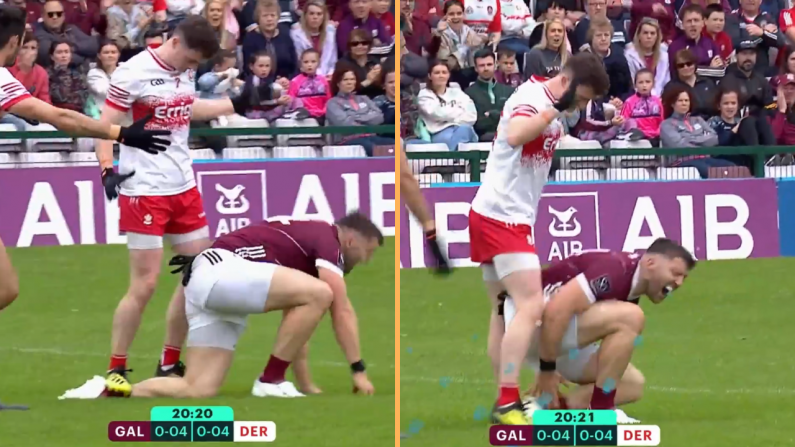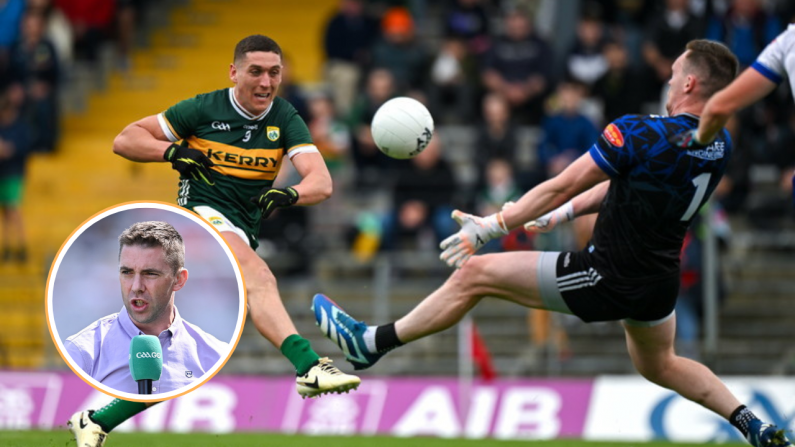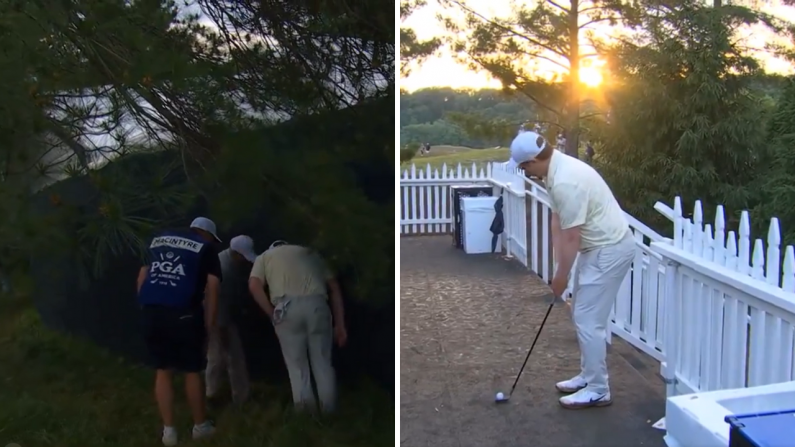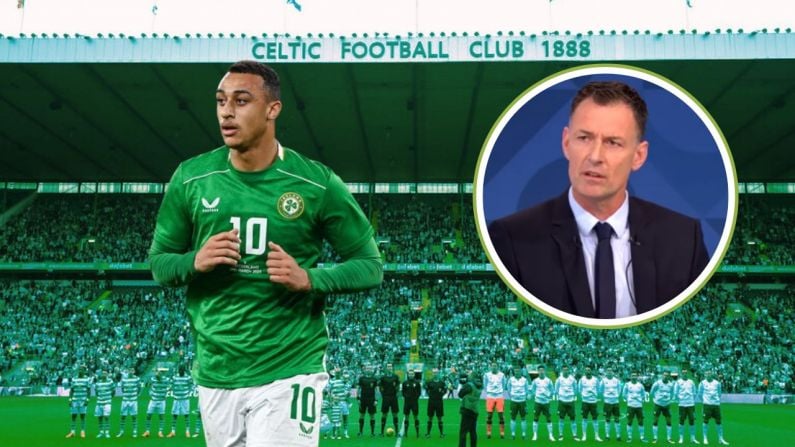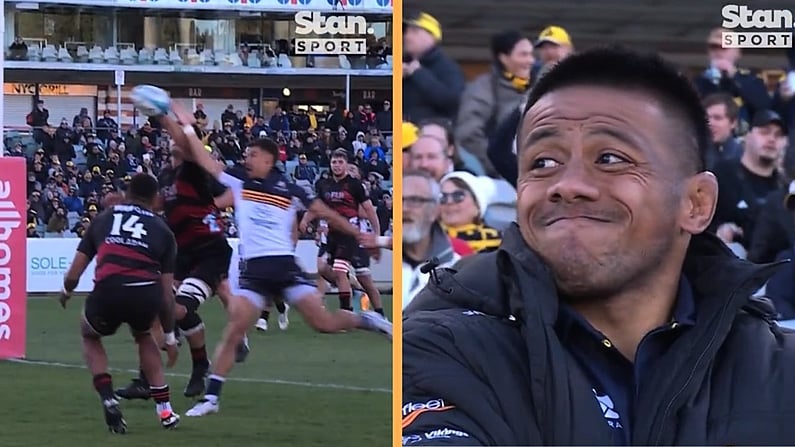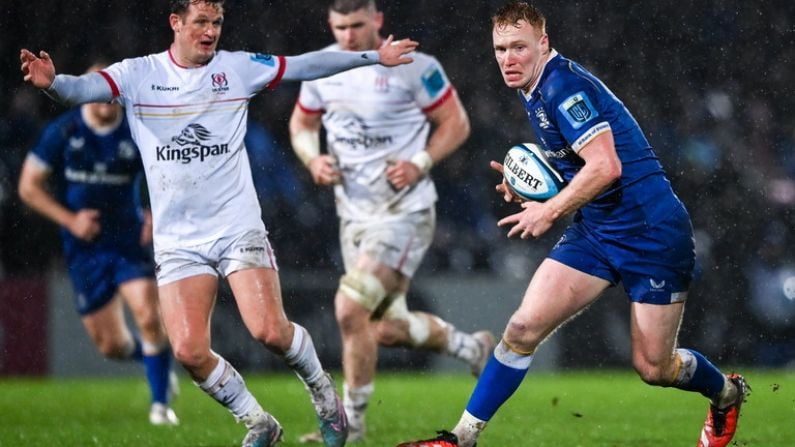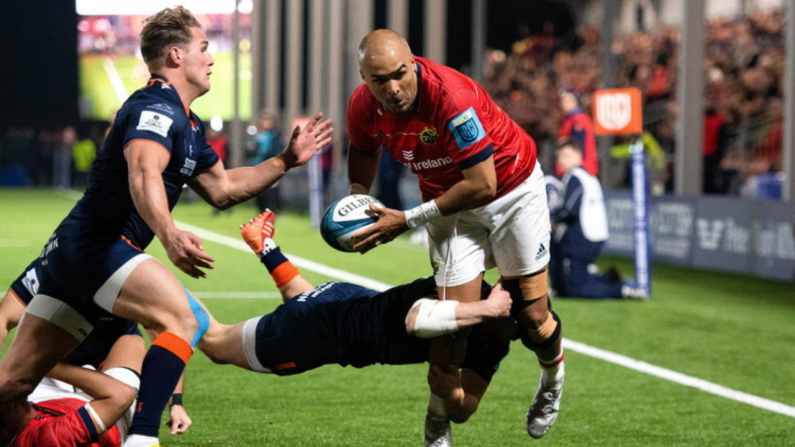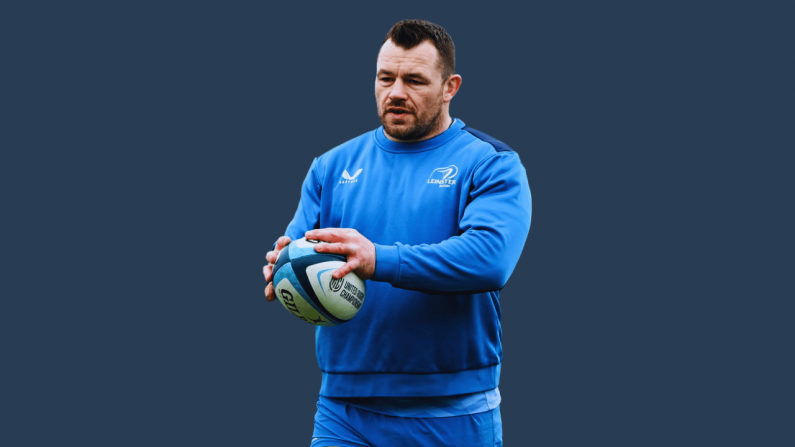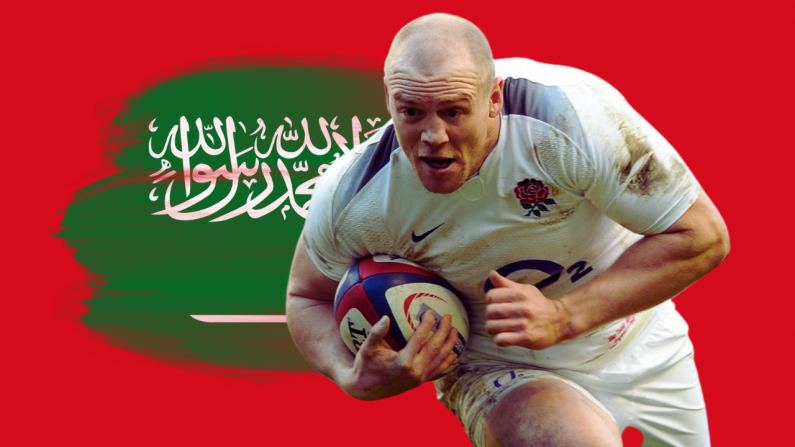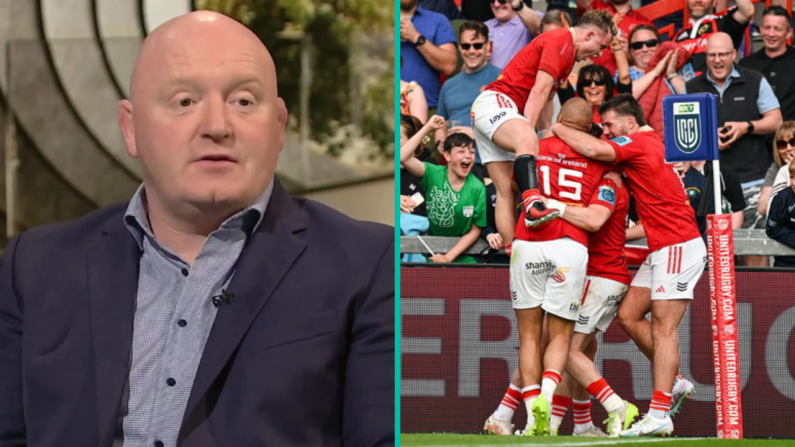With the final ever game of the Heineken Cup coming up, we look at the state of Irish rugby in 1995 when the tournament started compared to Irish rugby in 2014, examining the development of the provinces, the national team, money and attendances.
The Provinces
THEN
1 November 1995: Leinster played their opening match in front of a couple of hundred Italians and a smattering of travelling IRFU alickadoos (a word which appears to have disappeared from the Irish rugby lexicon with the popularisation of the game in the last decade) in a pokey little ground in the industrial part of Milan.
Munster's opener against Swansea had a small bit more pizazz about it and was played in a half full Thomond Park. Both matches were played, oddly enough, on a Wednesday afternoon. Ulster, who's dominance of the Irish provincial game had already come to an end but who would later become the first Irish province to make the breakthrough, played their first game later on in the month in which they were slaughtered by Cardiff.
NOW
The Irish provinces are not as dominant as they were 24 months ago. Between 2006 and 2012, Munster and Leinster between them won five of the seven Heineken Cups. It is difficult to recall that Ulster were the first side to win the European Cup back in 1999. However, that year, the English clubs, who always had issues with the tournament, opted out and the competition wasn't even called the Heineken Cup.
It was 2000, after Munster won away in Toulouse when the Heineken Cup fever took hold. Before that Munster had been renowned for winning all their home games and losing all their away matches, while Leinster often struggled in front of poor crowds in Donnybrook.
Ireland
THEN
Irish rugby had a busy year in 1995. The Five Nations campaign ended with a win over Wales (in Cardiff naturally) in a wooden spoon decider.
They also beat Wales in the crunch game in the pool stage of the South African World Cup but were then comprehensively beaten by France in the World Cup quarter-final.
Garryowen's Kiwi coach Murray Kidd was appointed international coach at the end of the year, succeeding the whole Gerry Murphy-Noel Murphy combo (not relations). Oh, and in May, after their bus failed to arrive at the hotel and they had to hail down a series of taxis, Ireland became the first 'Top 8' country to lose an international to Italy.
NOW
Ireland have secured their second Six Nations title in the past six years, after winning the Grand Slam in 2009. In the late 90s, the idea of ireland winning a Grand Slam was a ludicrous notion. Ireland finished last in the Five Nations in 96, 97, 98.
Things changed abruptly with the influx of Munster's Heineken Cup class of 2000 into the team , and Ireland's form improved dramatically. They beat Scotland and France in that year's Six Nations. Ireland consistently finished 2nd or 3rd in the championship throughout the noughties, frittering a glorious chance to win it in 2007. They went from losing nine out of ten against Scotland in the 90s (and the other game was a draw in 1994), to winning nine out of ten in the noughties.
Irish rugby's utterly unexpected renaissance in the 21st century has been attributed the to Irish provinces' and their supporter's embracing of the Heineken Cup
Professionalism
THEN
On the eve of the 1995 Rugby World Cup, the IRFU released a statement giving their views on professionalism.
The IRFU will oppose the payment of players to play the game and payment to others such as coaches, referees, touch-judges and members of committees for taking part in the game because the game is a leisure activity played on a voluntary basis.
Four months later, to their dismay, the game went professional and the union were forced to start paying players per appearance for the first time. Winger Niall Woods says that players were played £300 per game in the early days. Star of the 1993 Lions tour, Nick Poppelwell was the first Irish player to turn pro signing the Newcastle Falcons.
The following year a host of Irish players left for the English Premiership, seduced by the better contracts on offer.
NOW
Sean O'Brien latest contract is worth €420,000 per annum before tax is deducted. Irish players began to come home in big numbers before the 1999/00 season with numerous players such as Malcolm O'Kelly, David Humphreys, Victor Costello, and David Corkery coming up. In 1996, the best Irish players were plucked from the provinces and the AIL by English clubs. For most of the noughties, England was a place you went if you didn't make it in the provinces. Lately, however, French clubs, powered by insane TV money have begun to make tempting bids to Irish players.
In 2002, Charlie McCreevy introduced a tax incentive which allowed Irish rugby players contracted to Munster, Leinster and Connacht to claim 40% of their tax back at the end of their careers, provided you played professionally for over a decade in Ireland and finished your career here (the latter stipulation was amended a couple of years ago at the behest of the European Commission). English newspaper journalists are particularly fond of pointing to Ireland's helpful tax arrangements when pondering the success of the provinces.
Attendances
LEINSTER
Leinster's first games in the Heineken Cup era were played in front of crowds of between 4,000 and 7,000 in Lansdowne Road, a ground that could accommodate somewhat more than that. Even these crowds were significantly bigger than those that used to watch them take on Munster in the dusty old inter-provincial championship.
Today, Leinster's biggest Heineken Cup matches attract crowds of 50,000 to the Aviva Stadium, while group games usually attract crowds of roughly 18,000 to RDS, the ground to which they moved in 2005.
Between 1996-2003, they drew in crowds of between 4,000 and 7,000 to Donnybrook, occasionally moving to Lansdowne for bigger games.
MUNSTER
Munster's earliest games in the Heineken Cup drew in croeds of between 5,000 and 7,000 to Thomond Park (a ground which could hold nearly double that) while their away support, later to become legendary, consisted of friends and relatives of the players until about 1999.
The first sell-out game for a Thomond Park game came in 2000 when Munster defeated Stade Francais in the Heineken Cup quarter-final. The ground was redeveloped in 2008 into a modern 26,000 capacity ground.
ULSTER
Ulster's home crowds varied and dipped in its earliest crowds depending on how well Ulster were doing. They attracted sell-outs quicker than Leinster and Munster during their run to the title in 1998-99.
Connacht
Connacht were excluded from the Heineken Cup until the astonishing success of Leinster and Munster secured a fourth Irish spot. They made their first appearance in 2011. They played in the Challenge Cup and, latterly the Amlin Cup up until then. They have played at the Sportsground since the beginning of the professionalism.
Regular Out-Halves
Leinster
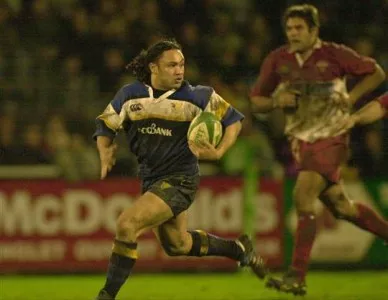
Alan McGowan (1995 - 98)
Mark McCall (1999 - 00)
Eddie Hekenui (2000 - 01)
Nathan Spooner (2001 - 03)
Matthew Leek (2003 - 04)
David Holwell (2004 - 05)
Felipe Contepomi (2005 - 09)
Jonny Sexton (2009 - 13)
Jimmy Gopperth (2013 - 14)
Munster
Paul Burke (1995-96)
Killian Keane (1996-97)
Ronan O'Gara (1997 - 2013)
Ian Keatley (2013 - 14)
Ulster
Mark McCall (1995-96)
David Humphreys (1996-97)
Stuart Laing (1997-98)
David Humphreys (1998-2008)
Ian Humphreys (2008-11)
Paddy Jackson (2011-14)















